Another city I had never heard of, Tartu. But during my long train rides I googled for things to do and bingo! Tartu- Culture Capital of 2024 popped up with everything that comes along with such title, like concers and exhibitions. Even the road running parallel to the river near the main square was closed for traffic and people took over the space.
Besides this special year-long event, Tartu is a great little town, with excellent city-bike system to explore all of it, especially places a bit away from the center, like the district Supilinna with its old wooden houses and the National Museum. It is Tartu’s main attraction, built on the runway of a former Soviel military base.
In Tartu you are never far from nature, be it the River Emajõgi, the Botanical Garden, the recreational area on the other side of the small river or the large park starting behind City Hall, which is a bit hilly.
The wooden houses of Supilinn
Supilinn (soup town), formed in the middle of the 18th century, is a historical district of Tartu, a bit north to the city centre. Its wooden houses vary in colours and with their green makie it a unique place.
Supilinn has been built entirely of wooden houses due to a government act that dates back to the 18th century. During Soviet times is was kind of a slum, it became less popular as it lacked the amenities of the new high-rise buildings. Nowaday another threat lingers around the corner: gentrification. It is getting very popular and expensive.
The National Museum – built on an old Soviet airfield
The high-light is the National Museum, built on the runway of an old Soviet military airfield. It was quite controversial to build the museum on these grounds symbolising more than anything the occupation of Estonia. The architecture ist Tuning, the museum seems to grow out of it (check the link). All displays can be viewed in the language of your choice by simply touching it with a pre-defined card. I learned everything from the history, culture and even language of the region.https://www.visitestonia.com/en/estonian-national-museum
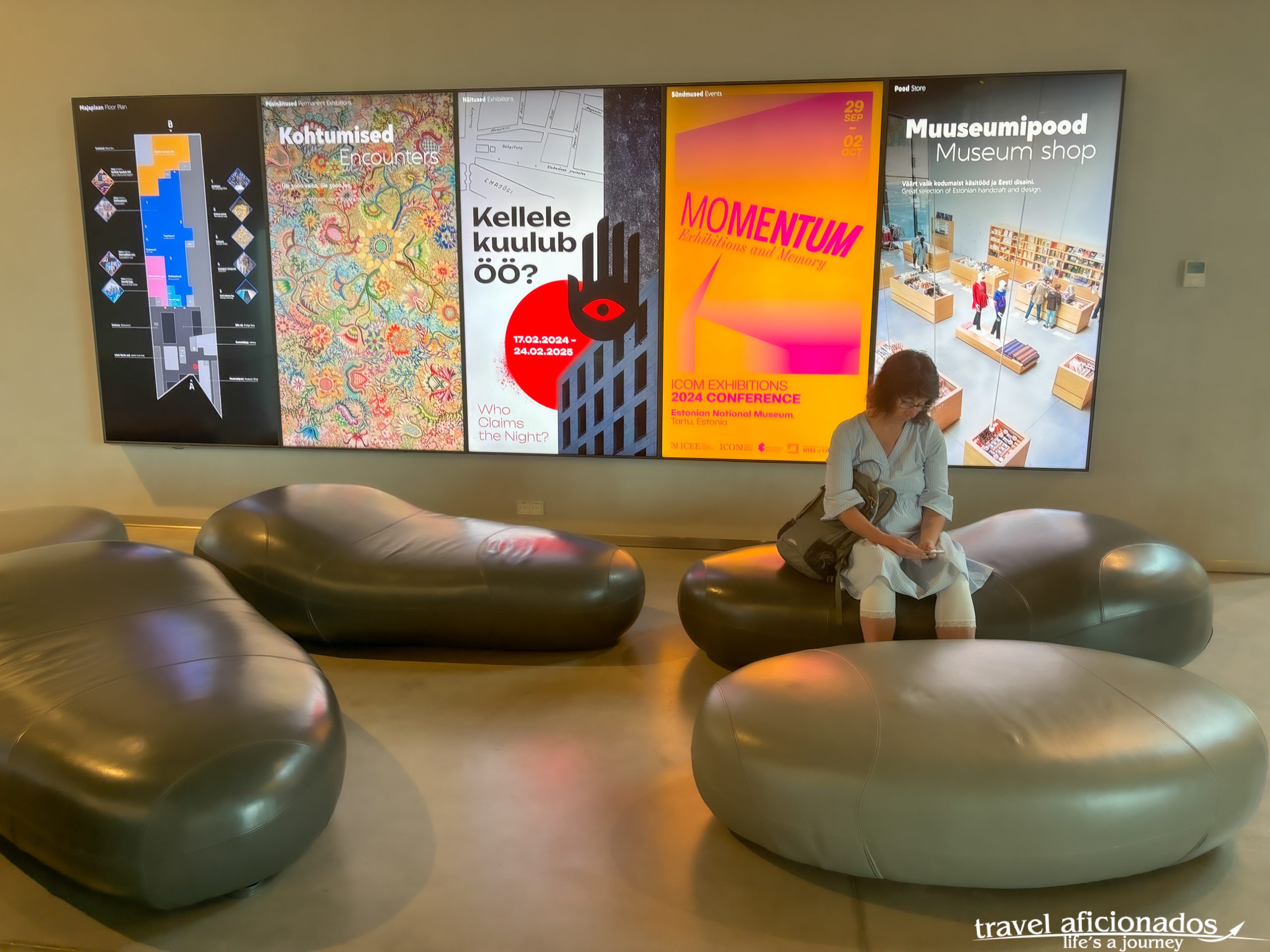
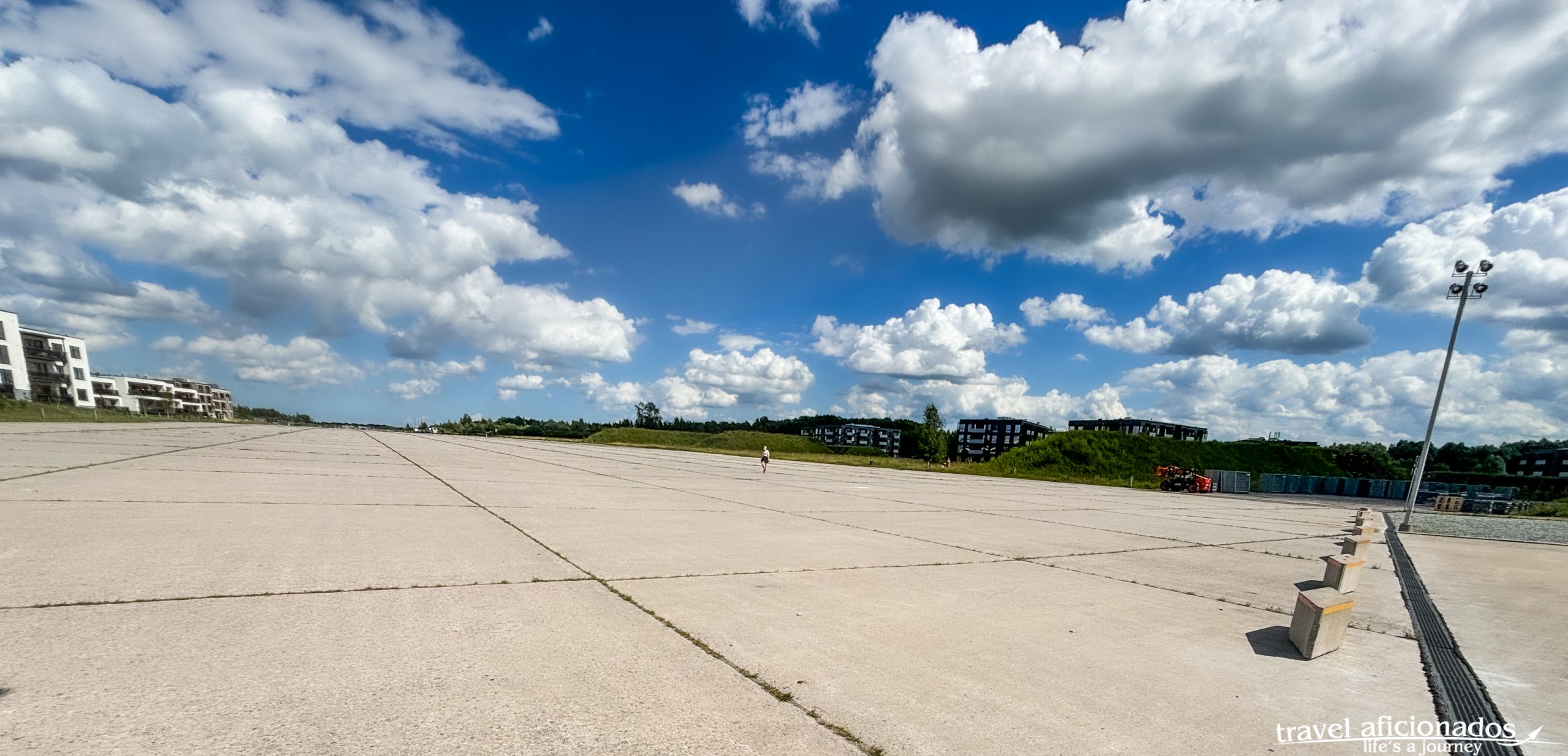 Next to the National Museum is the Up-Side-Down Museum, I only stayed for a couple of minutes, because walking on sloped ground made me nauseaous. There is real not much to see, except that things hang from the ceiling. Maybe children find this exciting, for me it was not worth the €8.
Next to the National Museum is the Up-Side-Down Museum, I only stayed for a couple of minutes, because walking on sloped ground made me nauseaous. There is real not much to see, except that things hang from the ceiling. Maybe children find this exciting, for me it was not worth the €8.
Also nice to explore is the Botanical Garden of the University, and once your feet are sore, jump on a boat to slide up and down up the River Emajögi.
I did not get to see the street murials in the Karlova district, I biked in vain all over the place, but was in a rush to catch my train to Valga, on the Latvian border.
I stayed at very comfortable Dorbat Hotel, right on the river and next to the bus station, it is a 10 minutes walk to the center, along the river, where you can stop at bars watching the sunset. Right behind it is the vegetable market, defintely worth a visit.
If you travel with children, the Science Museum is the place to go, I did not dare to do the daring rides kids lined up to do, but watching them was great fun too. Besides the amusement it teacher physics in a hands on way.
In all Baltic countries water is gratis in all restaurants, based on self-service. And it is not just water, often it comes with lemons and ice. In Austria businesses insist offering such service would bankrupt them.
Two fun facts. In the middle of the most hectic, most frequentic place in Tartu a duck was guarding its eggs in a plant pot. I walked by several times and I could tell people were watching each other, so nobody would disturb mother duck. One lady even motioned me not to talk, although I was quiet as a stone.
The other one was a Restaurant serving Bavarian food, with the waitress dress in German folklore.
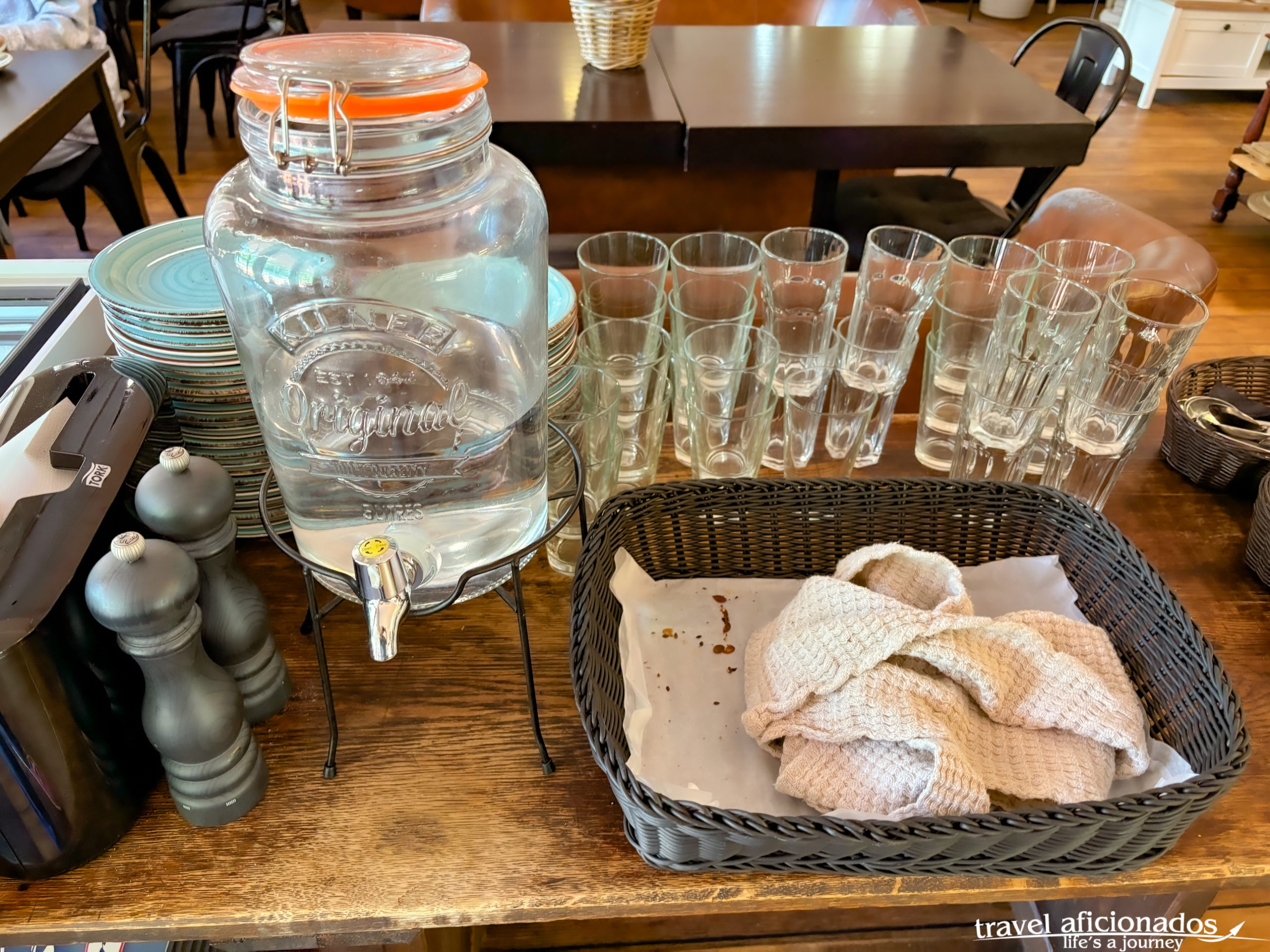
Free water for customers in restaurants, sometimes even free bread is offered

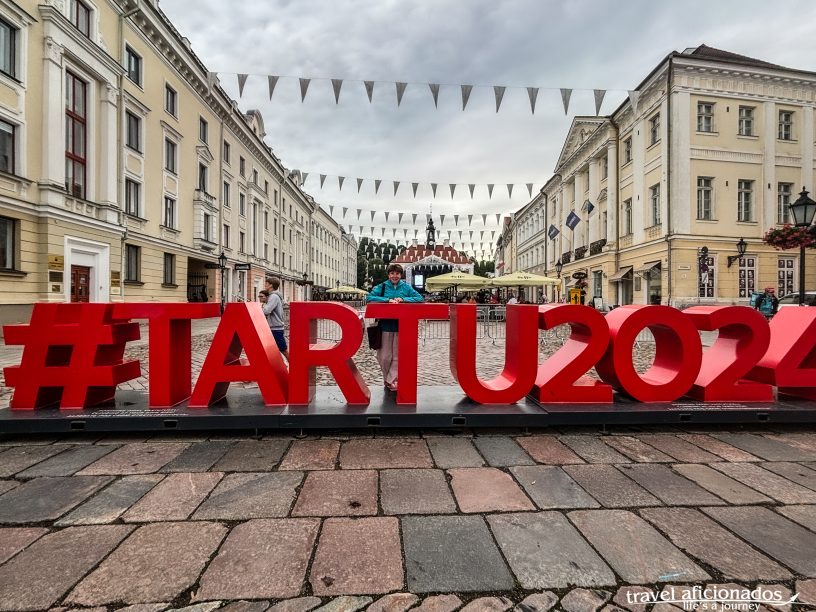
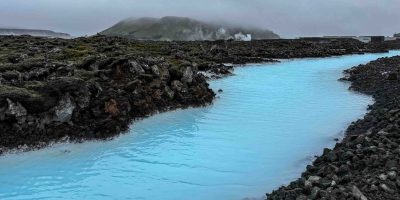
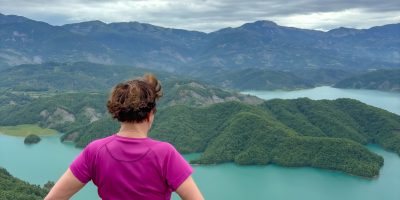
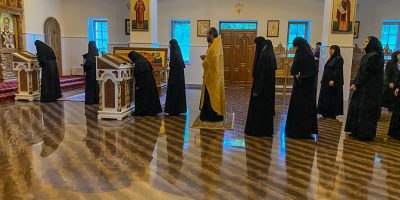
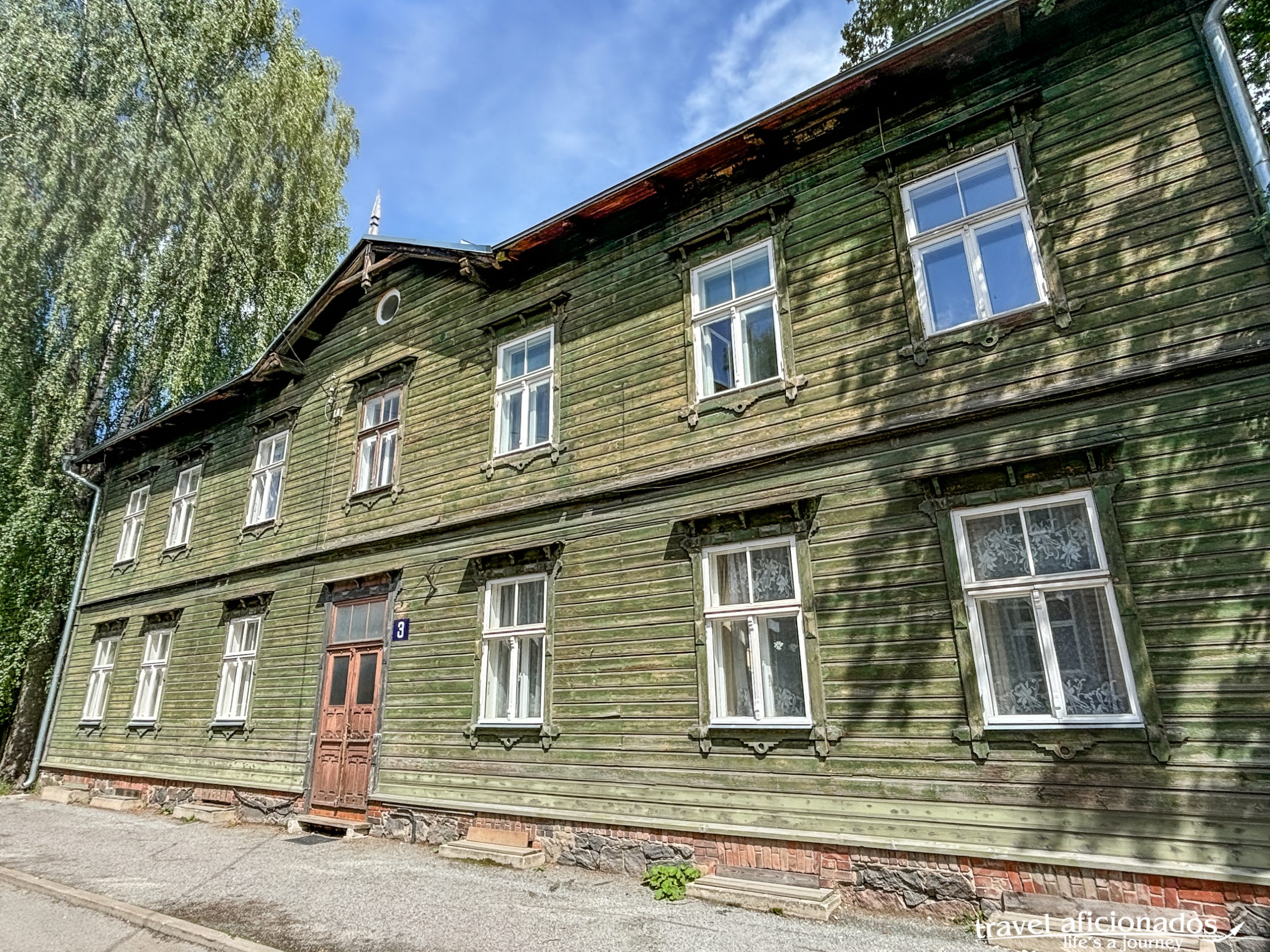
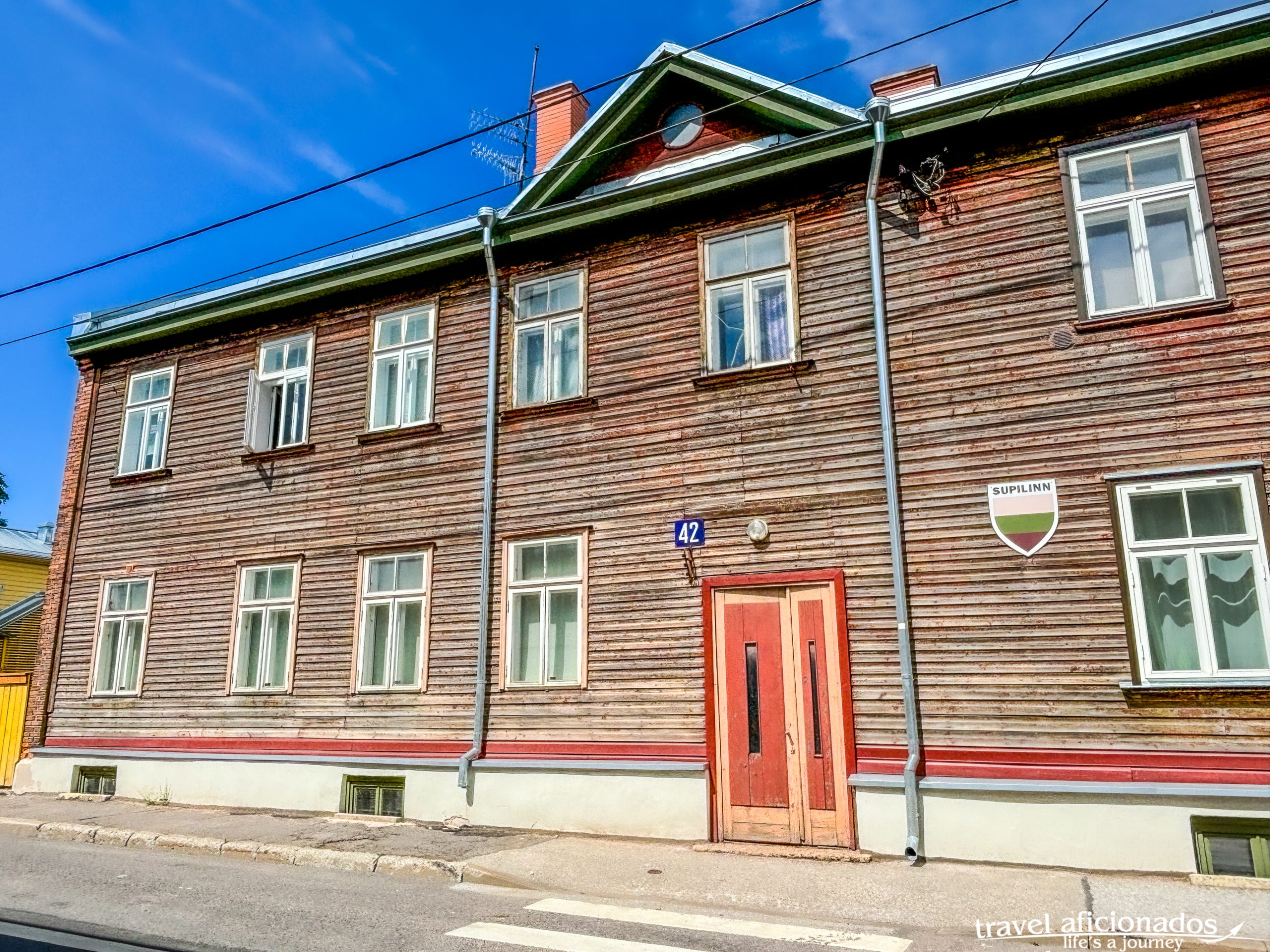
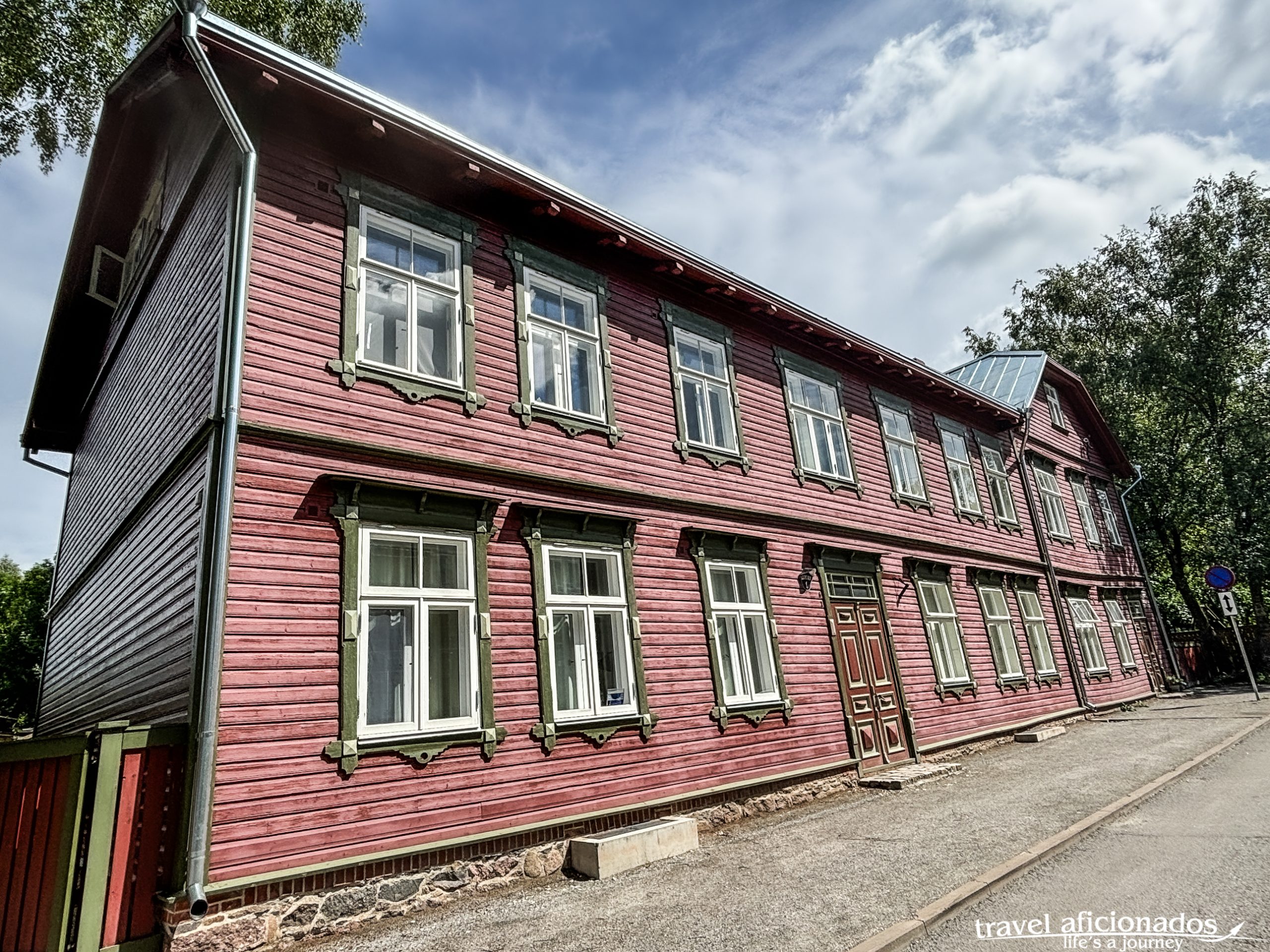
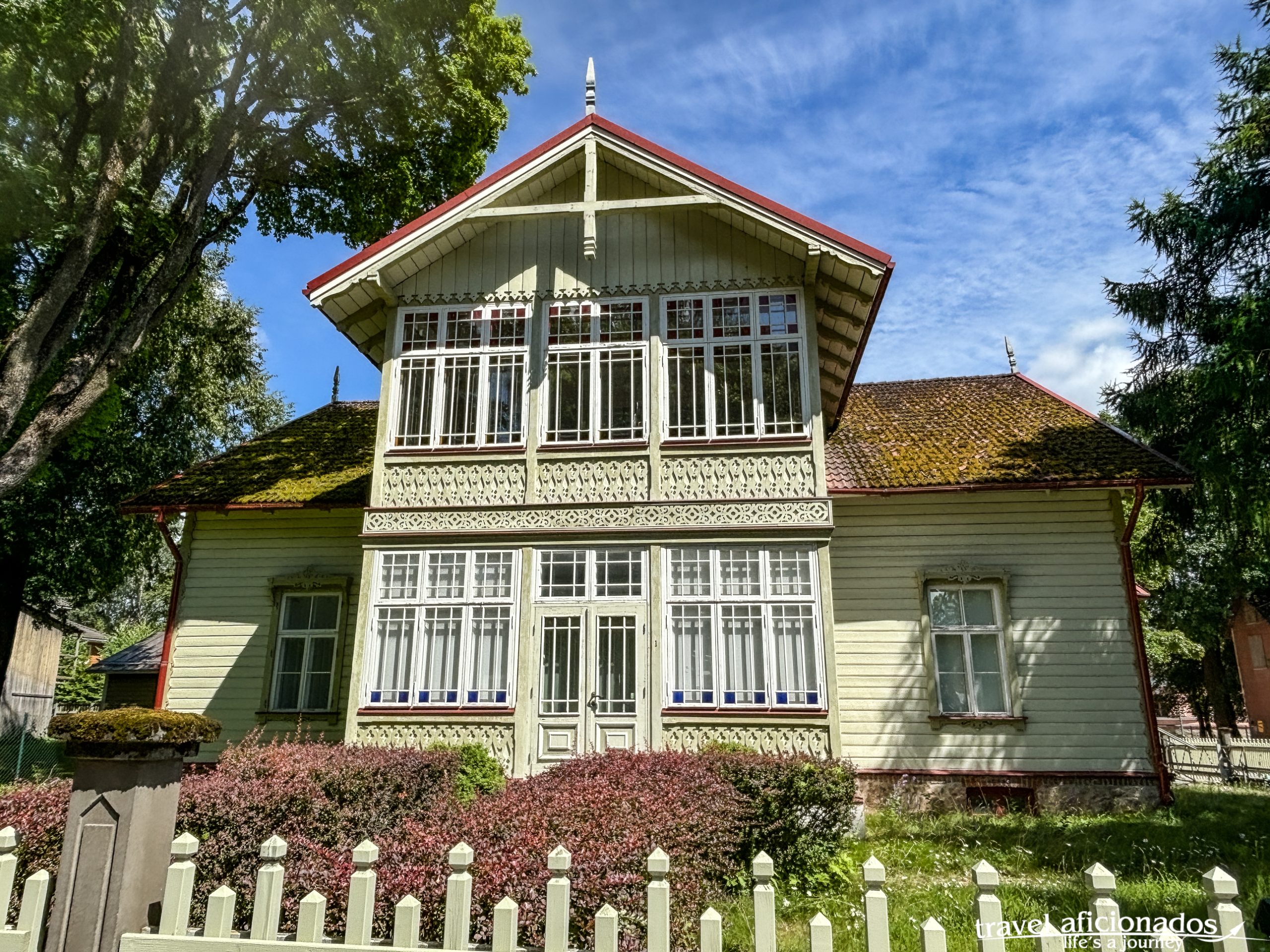
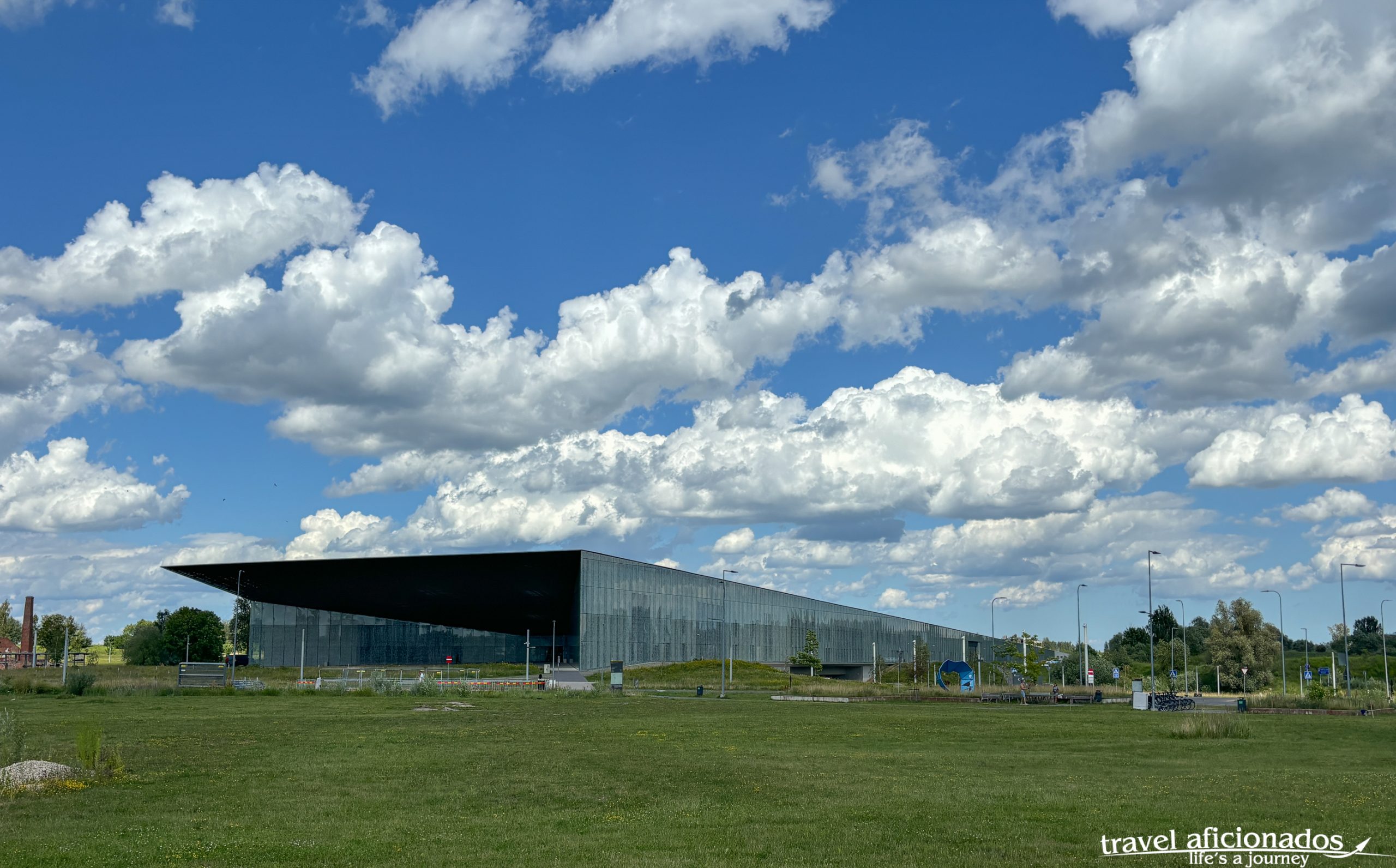
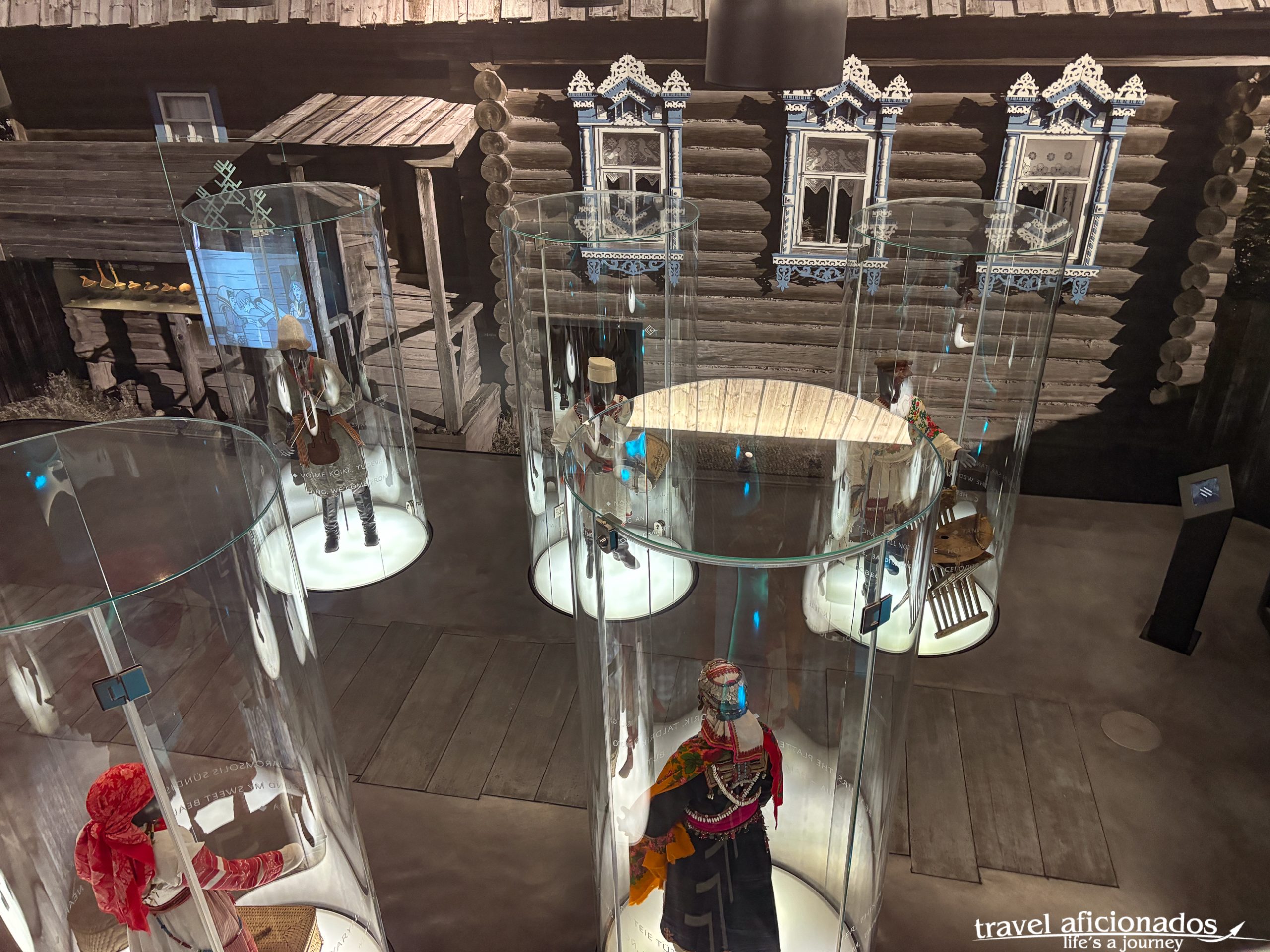
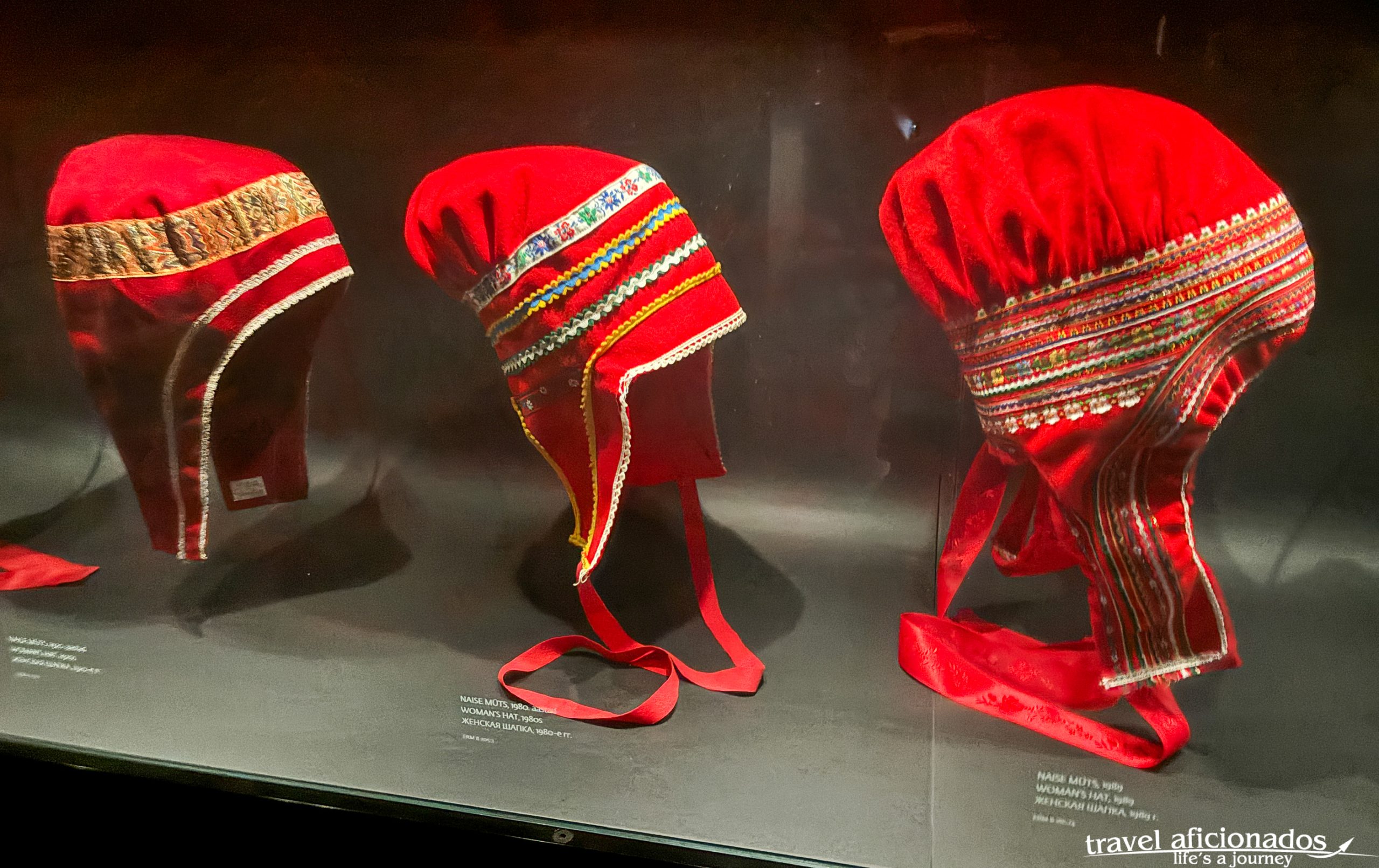
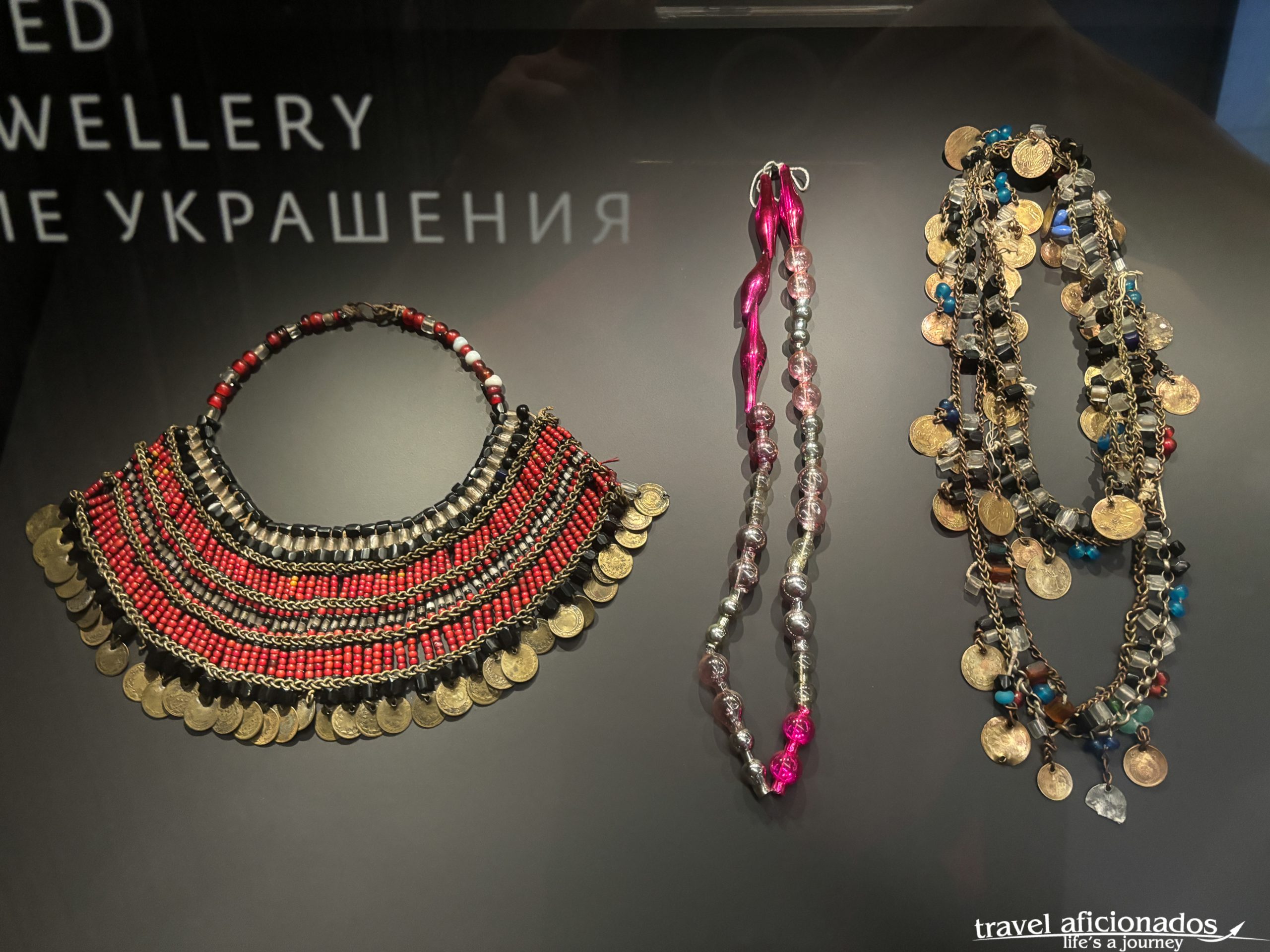
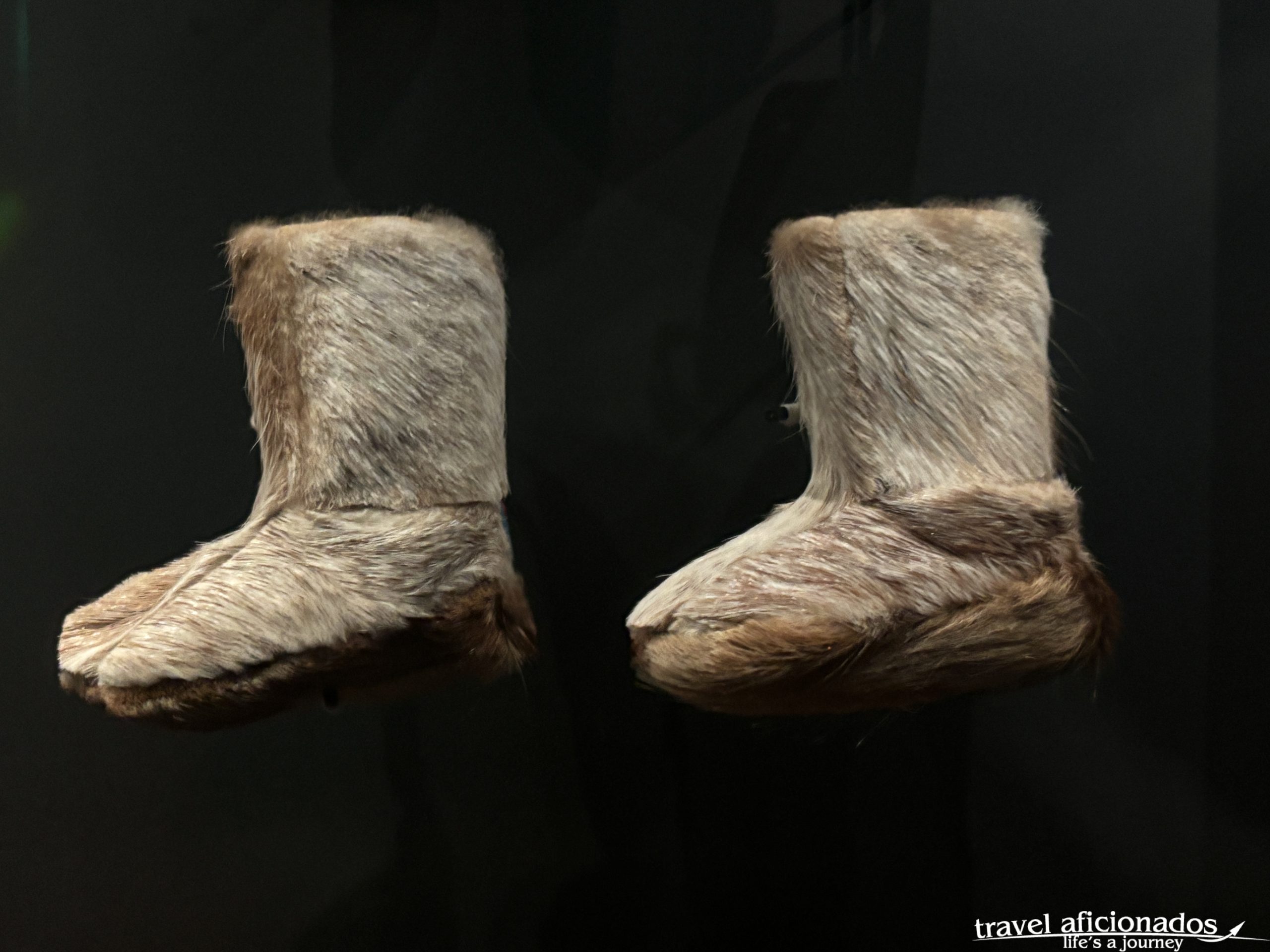
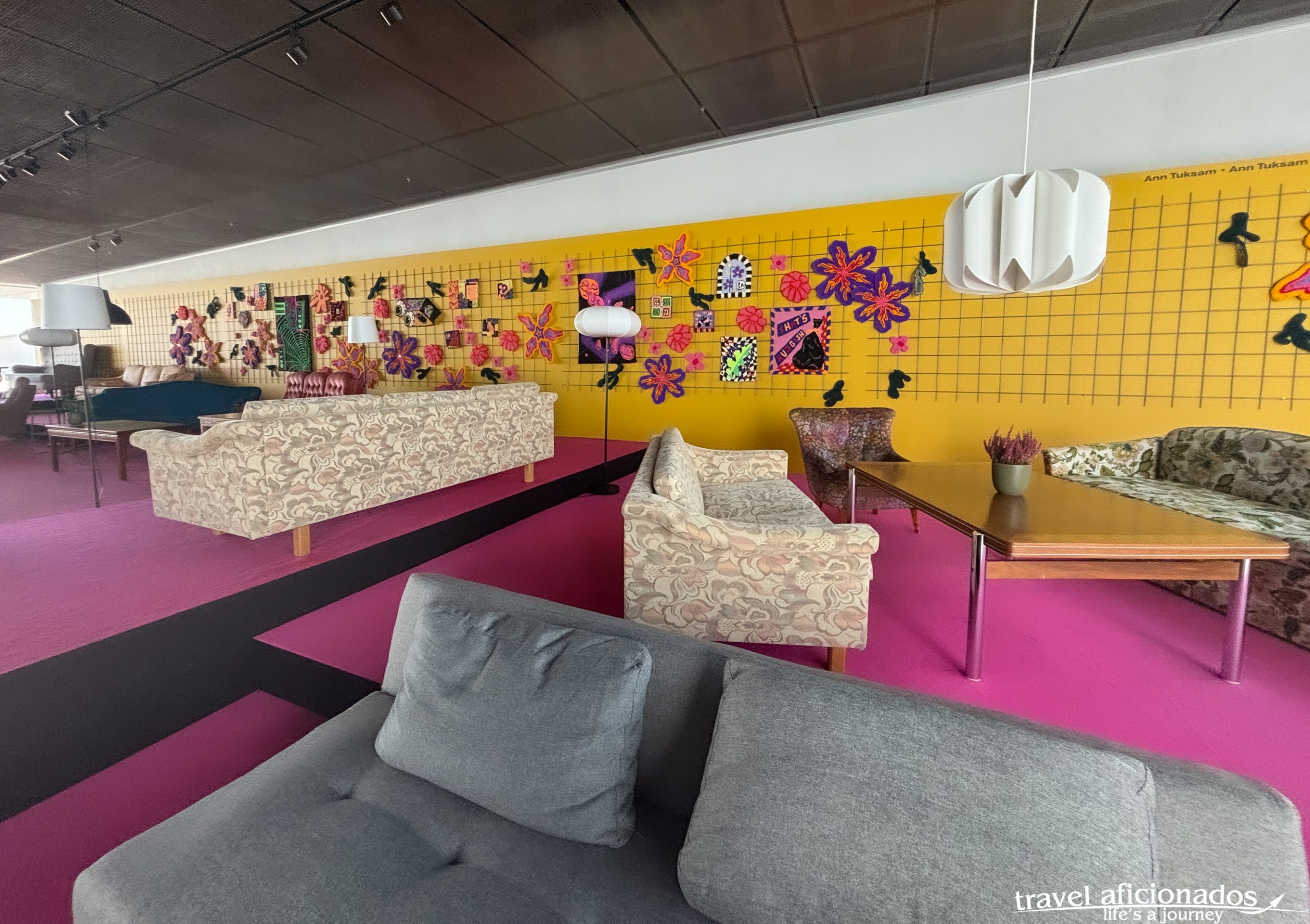
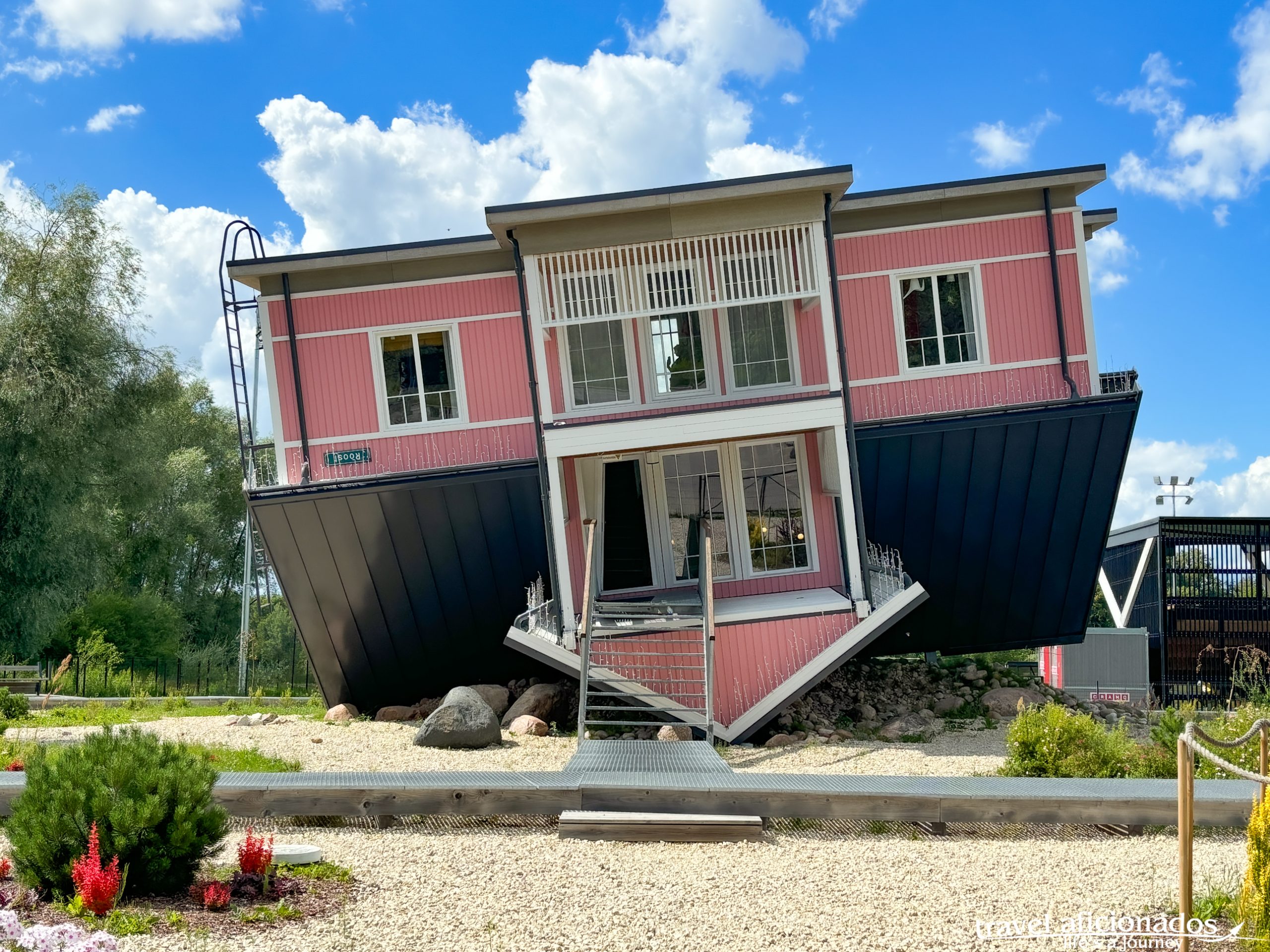
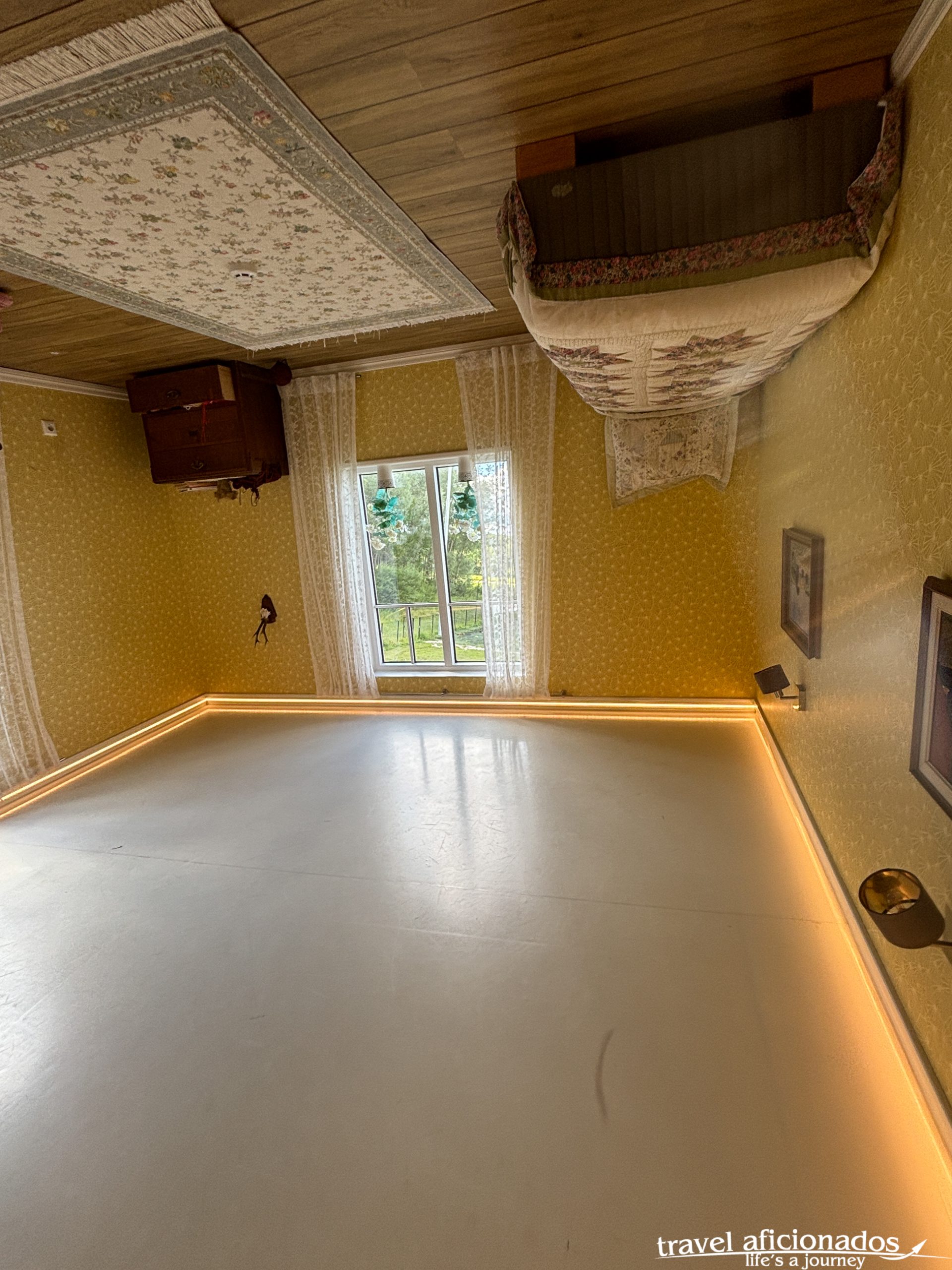
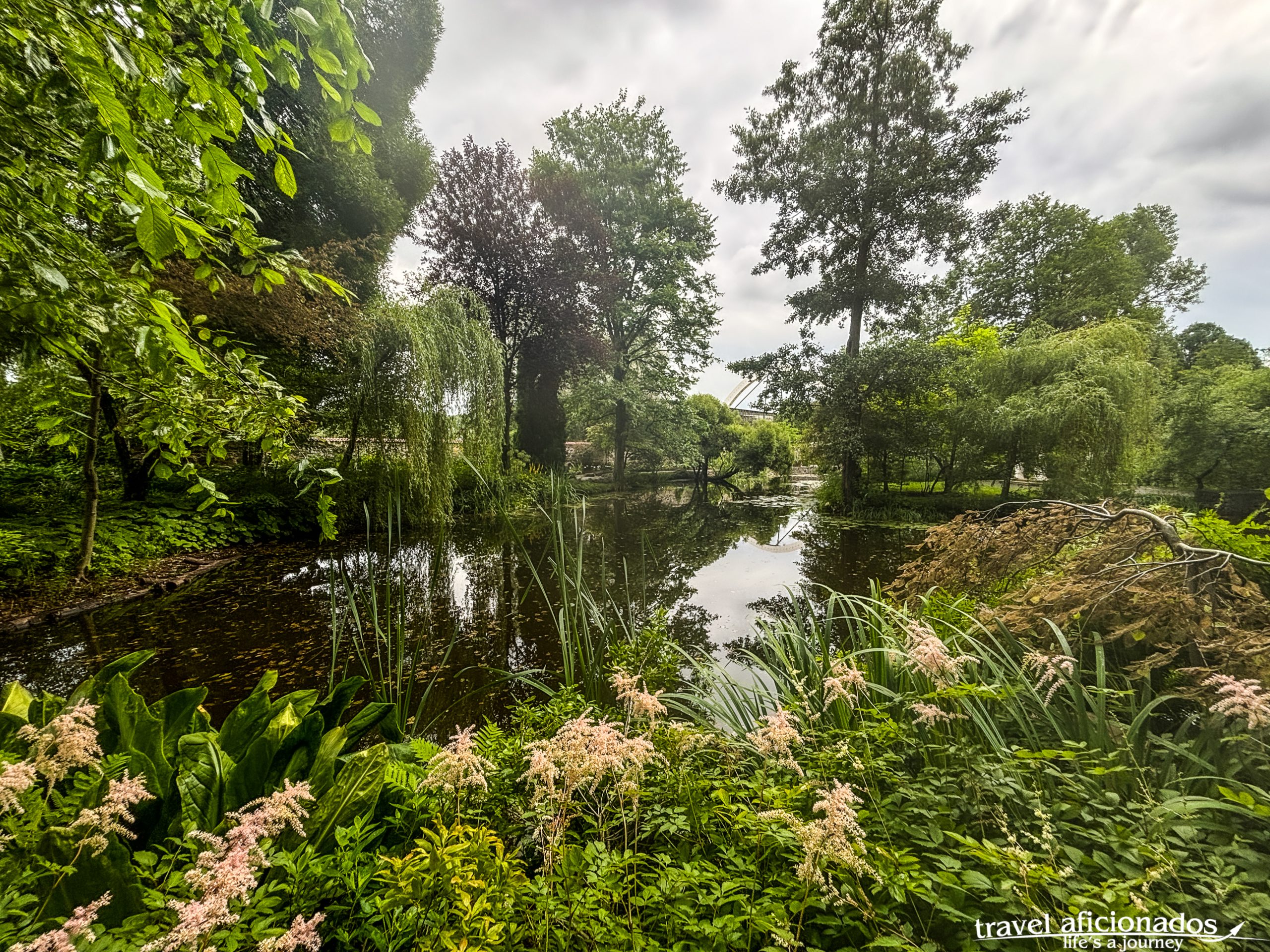
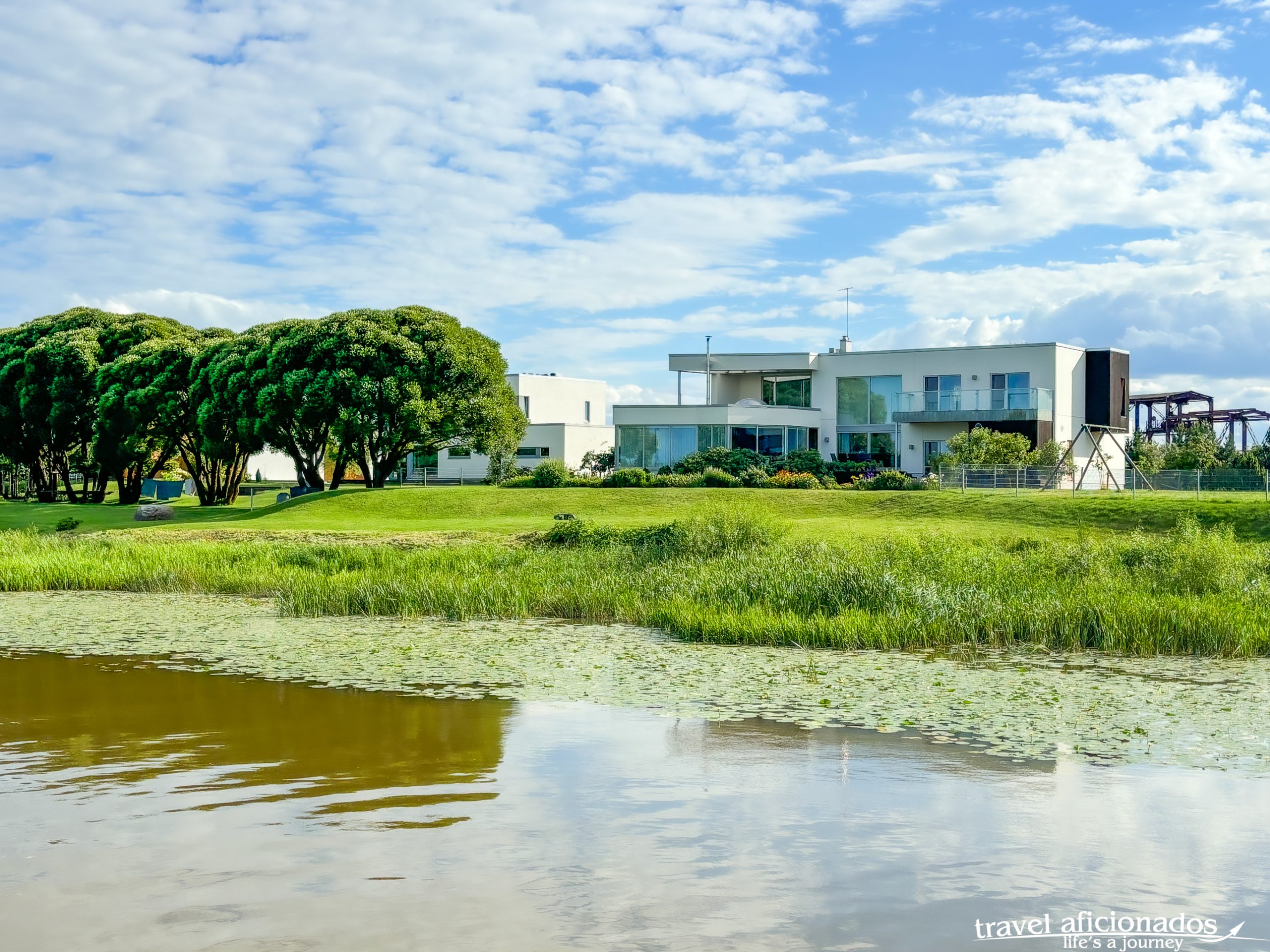
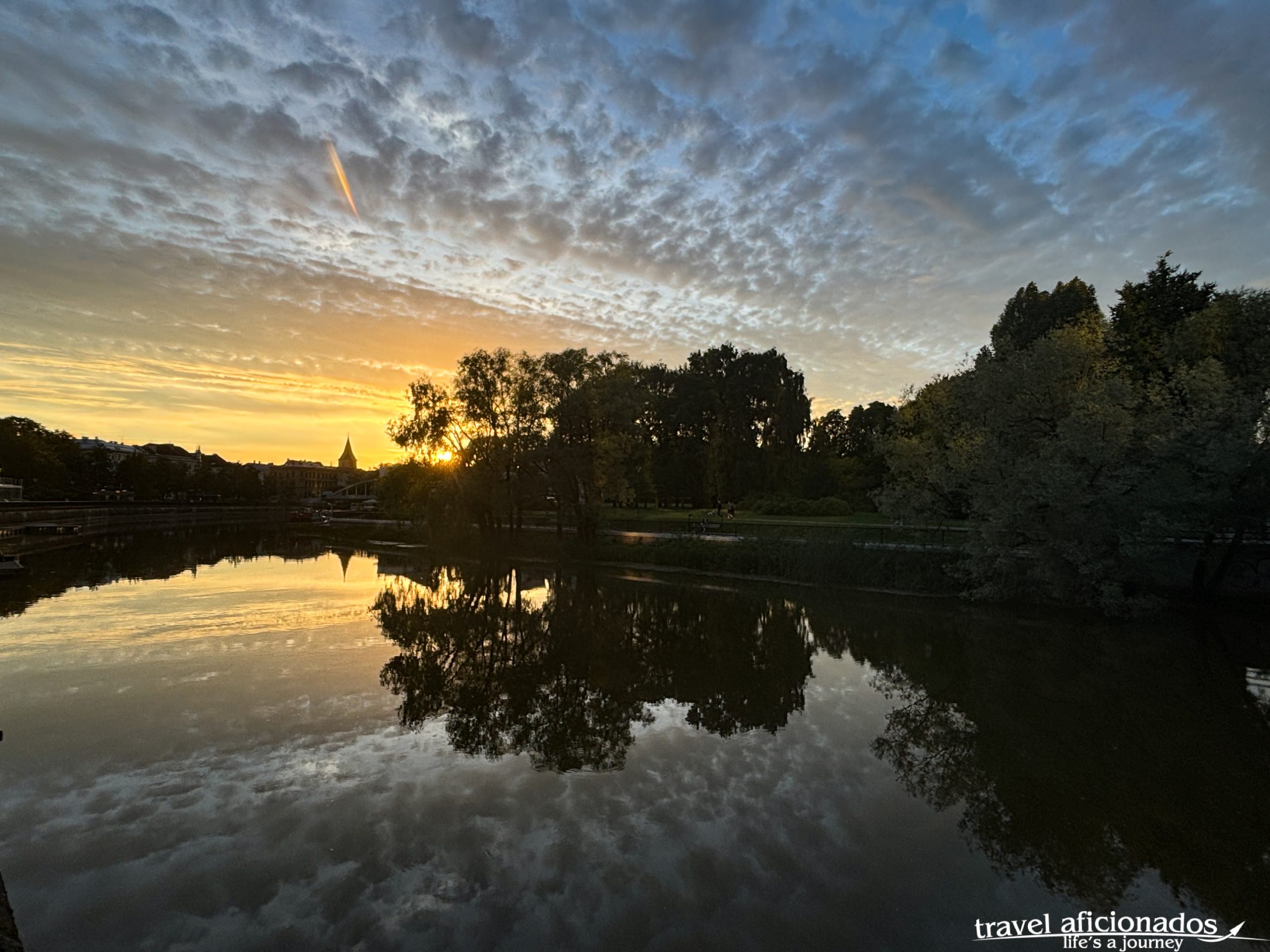
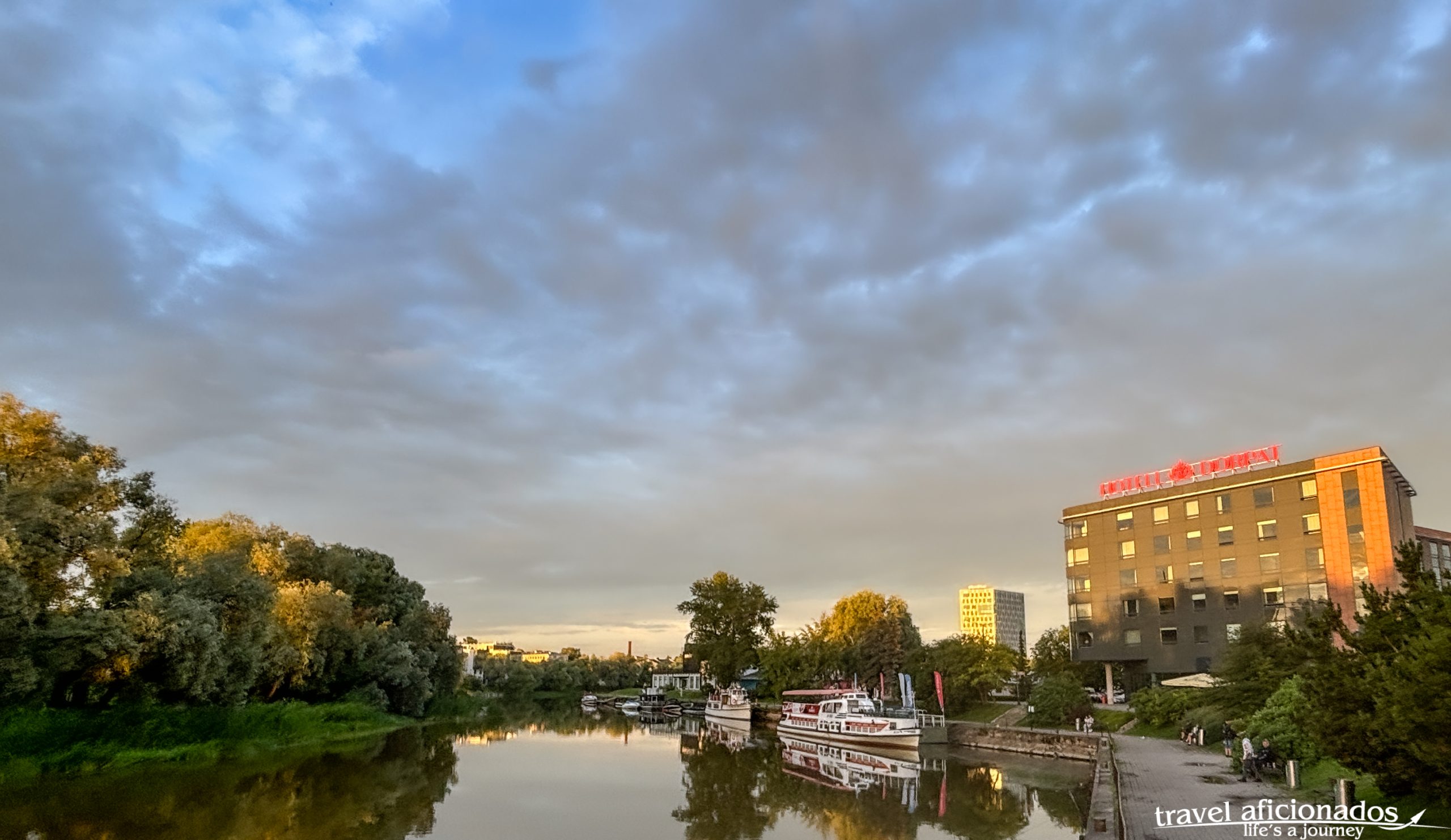
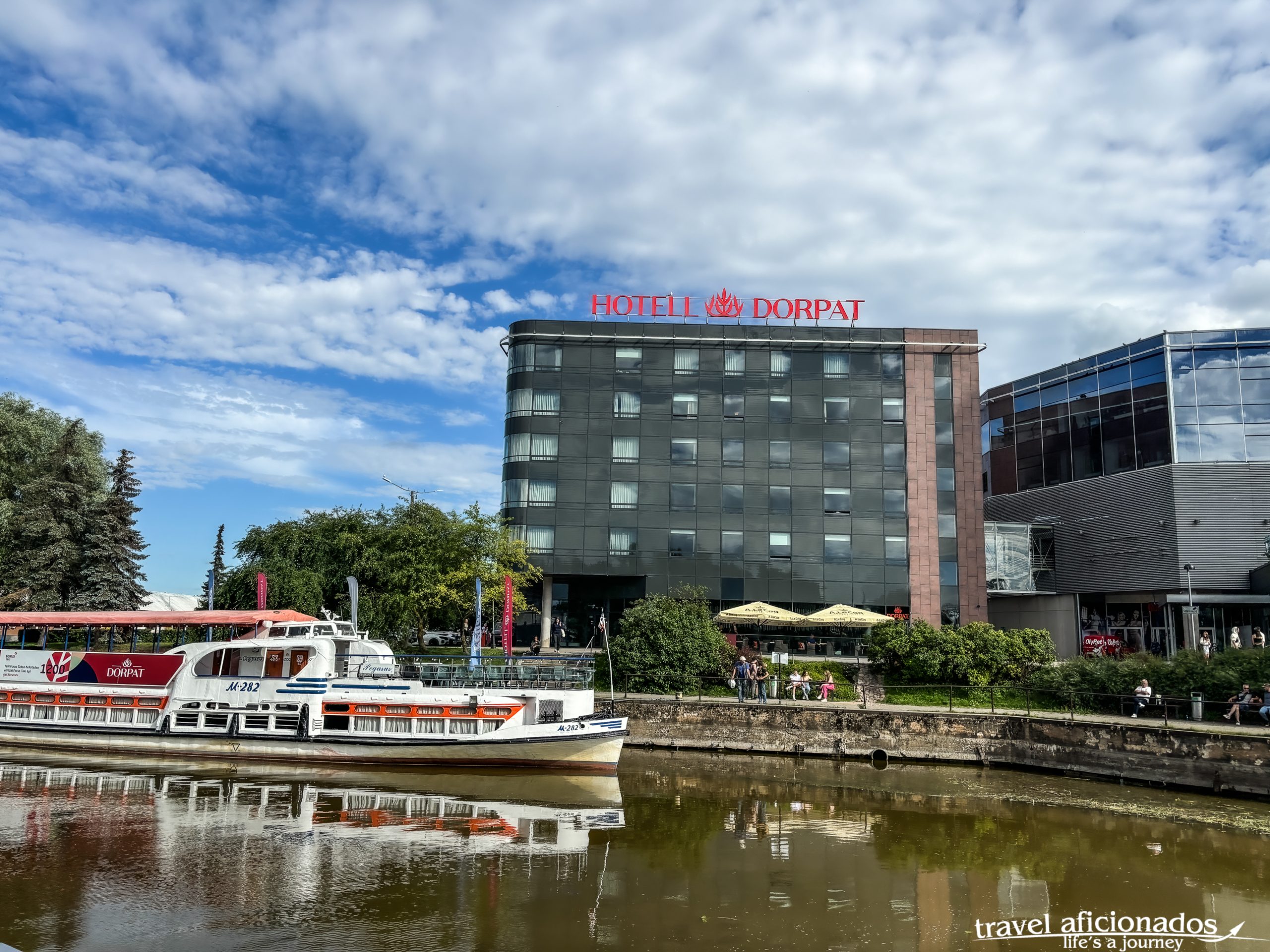
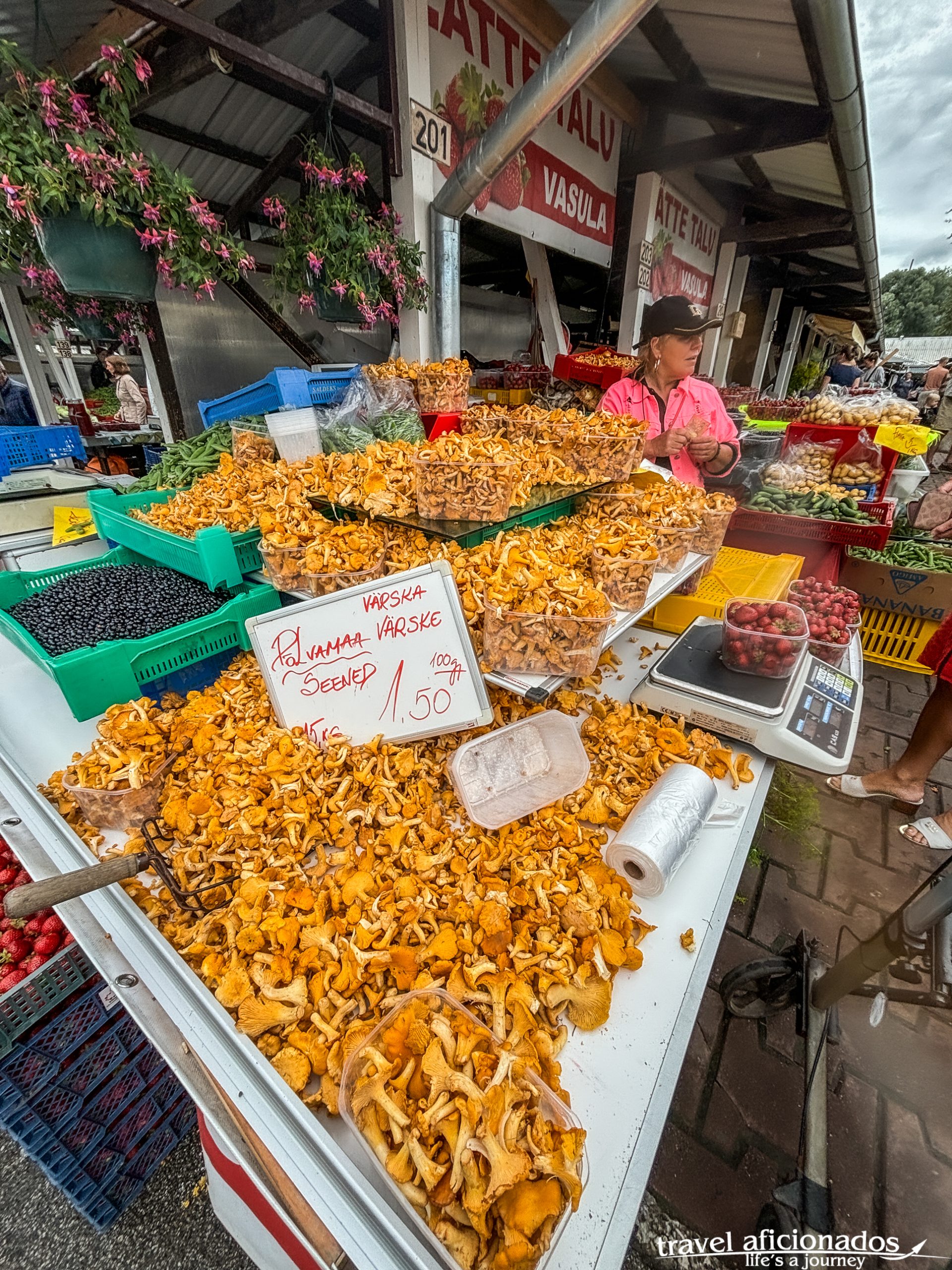
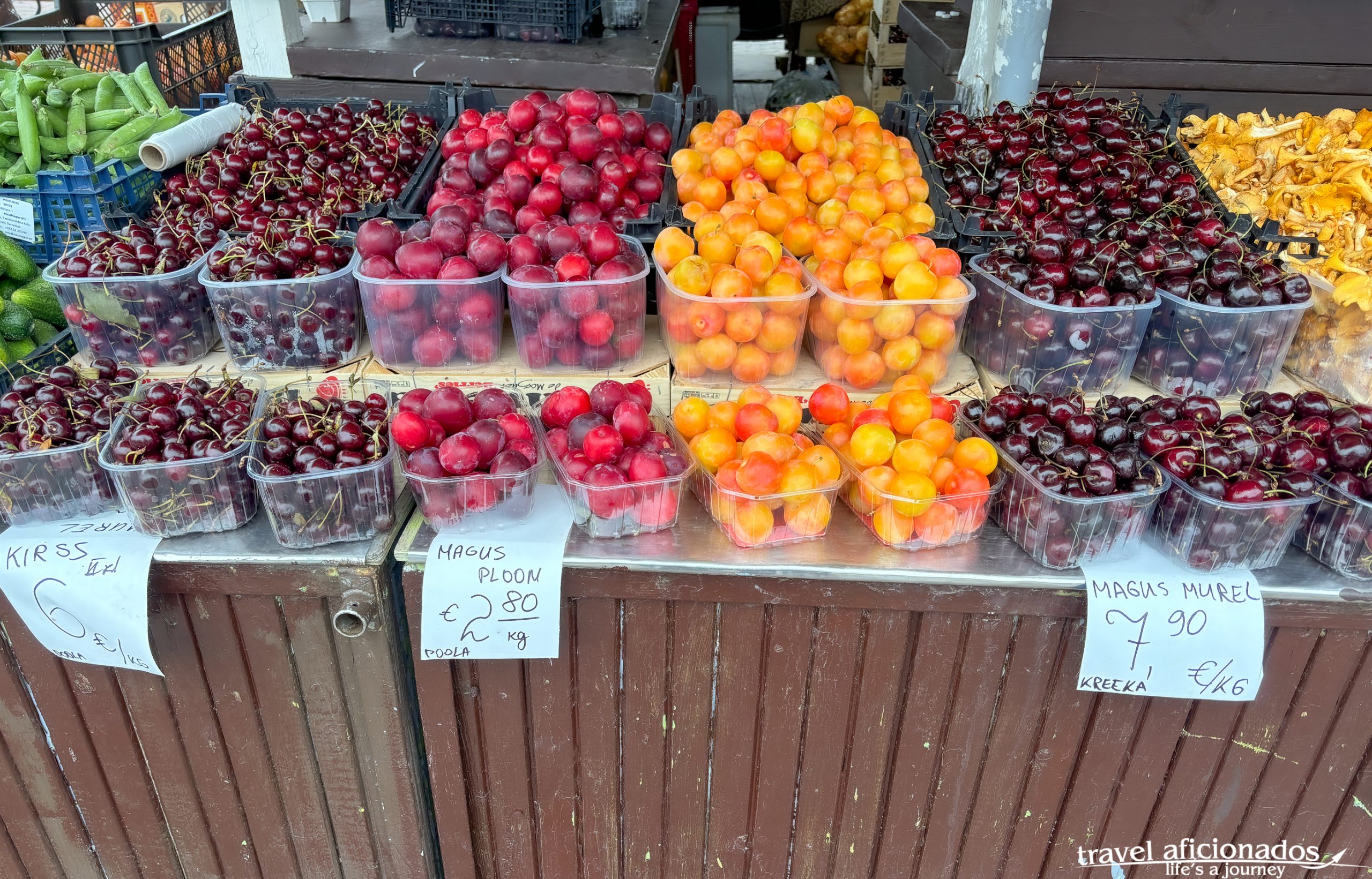
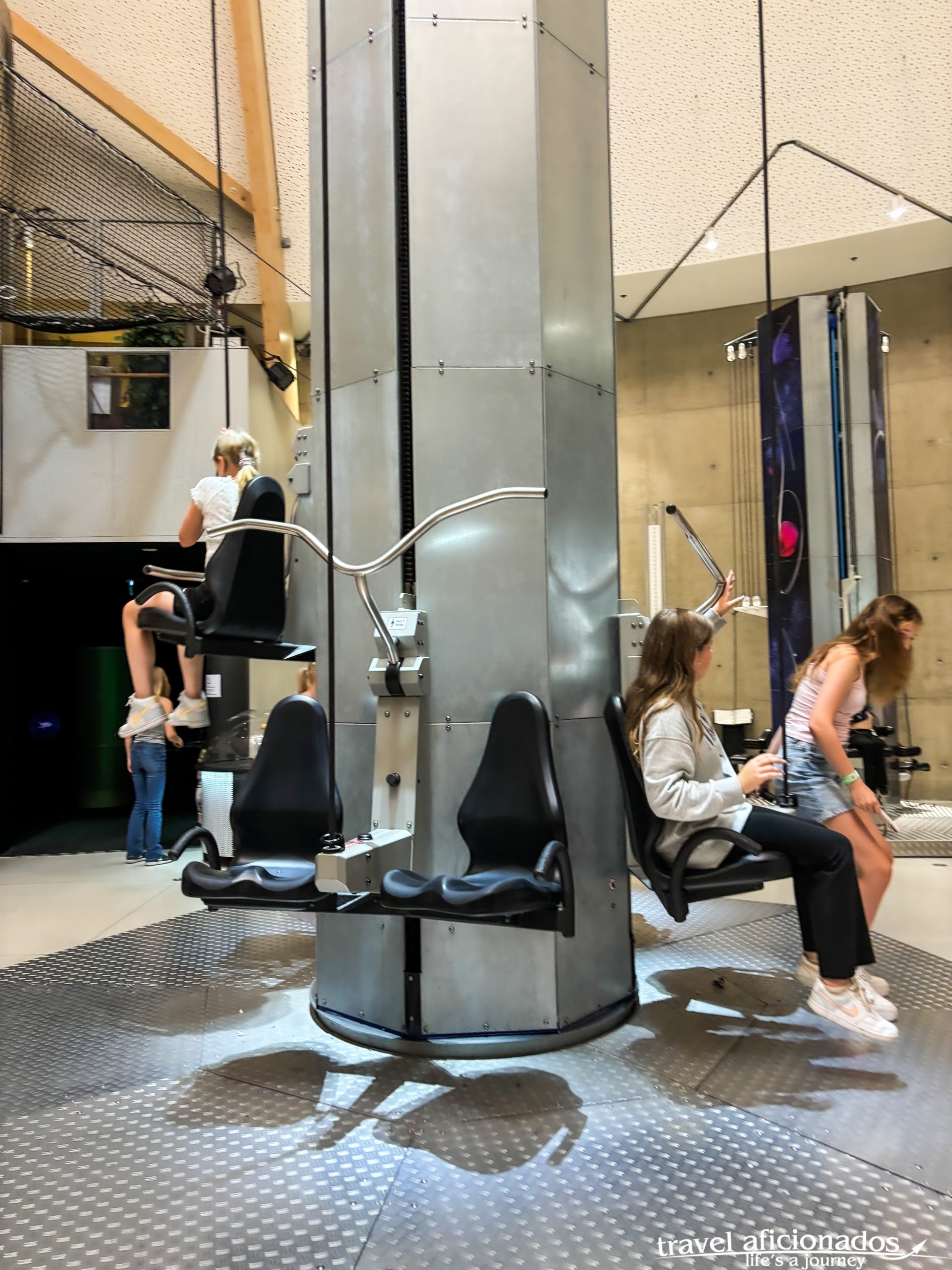
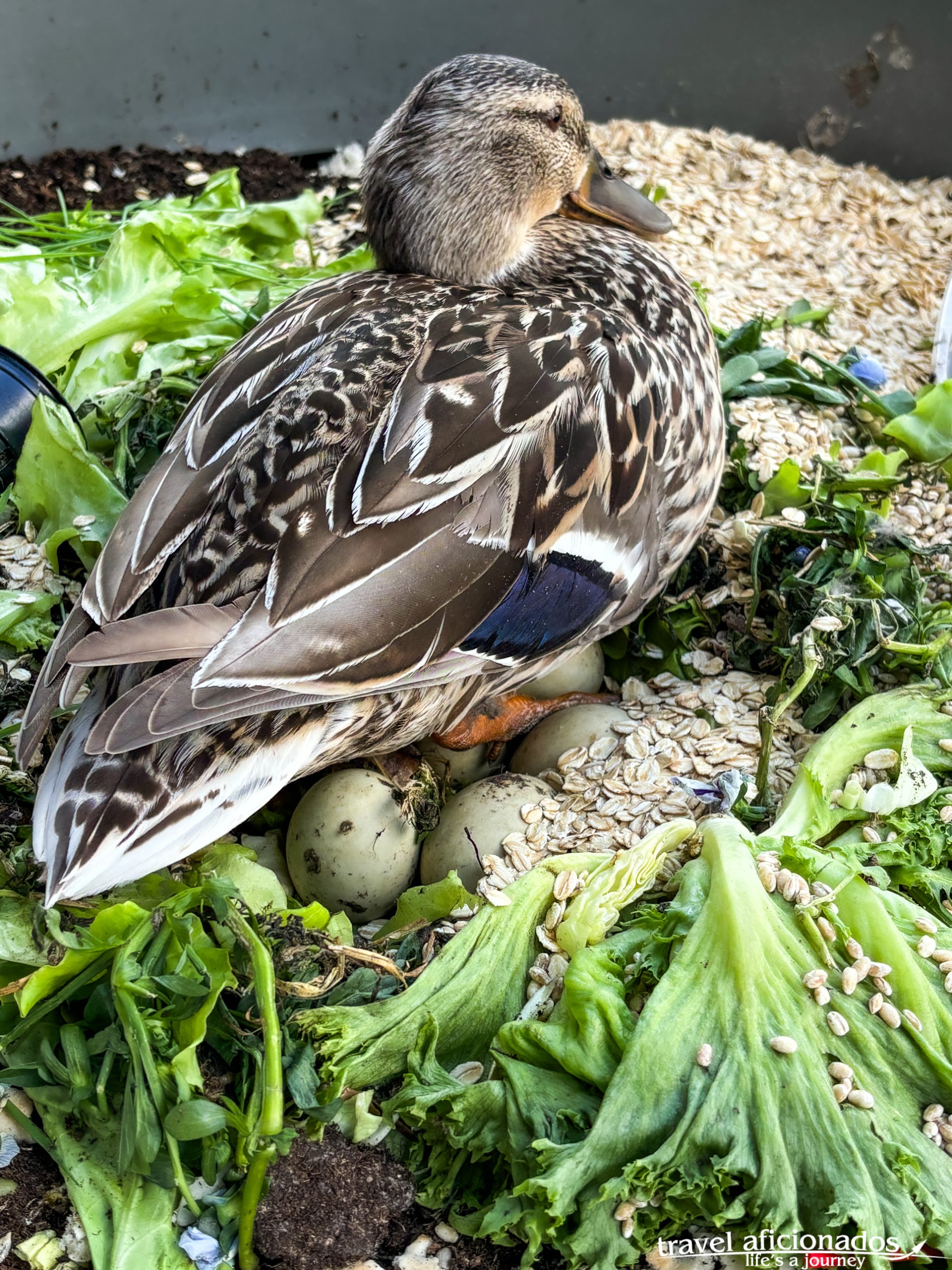
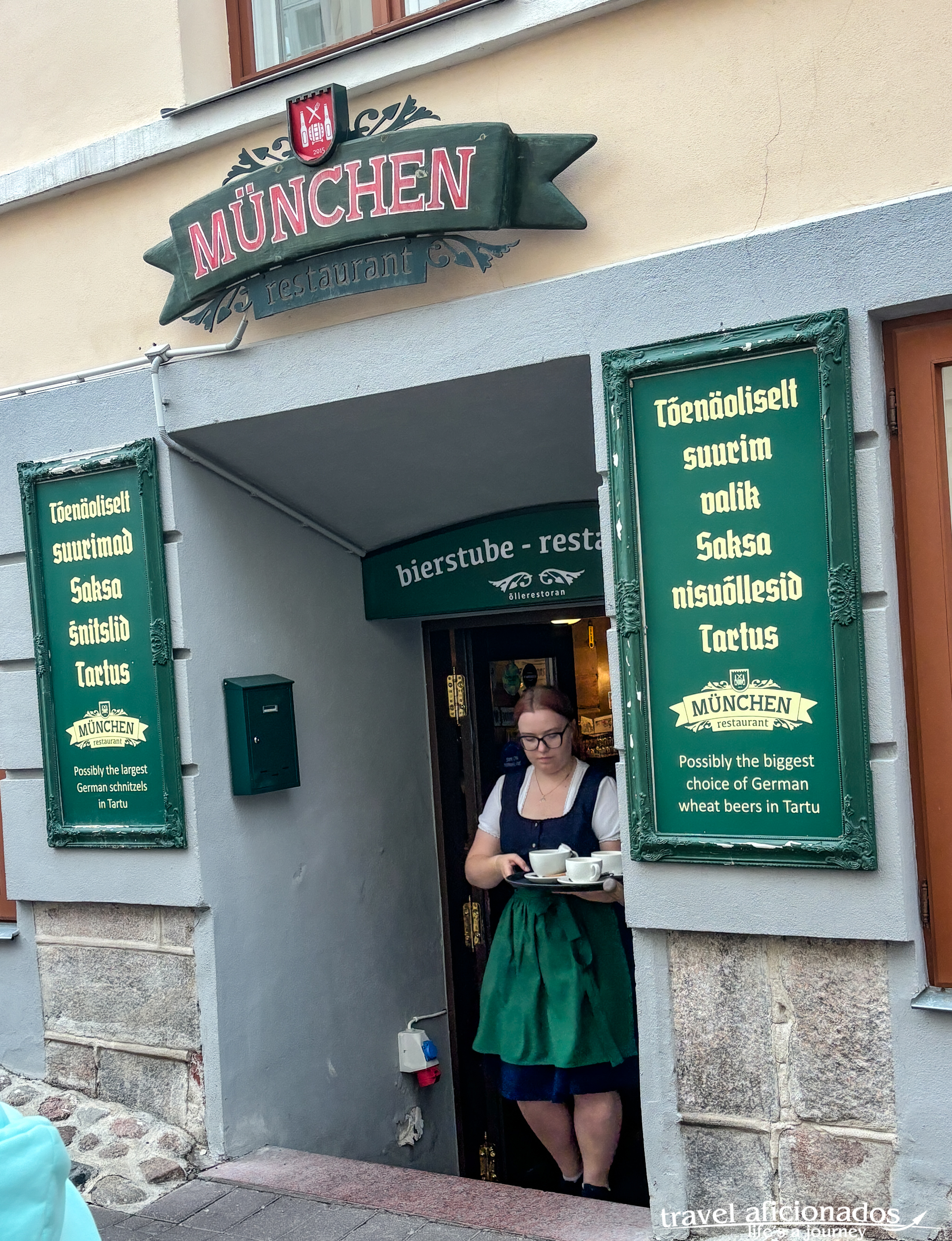
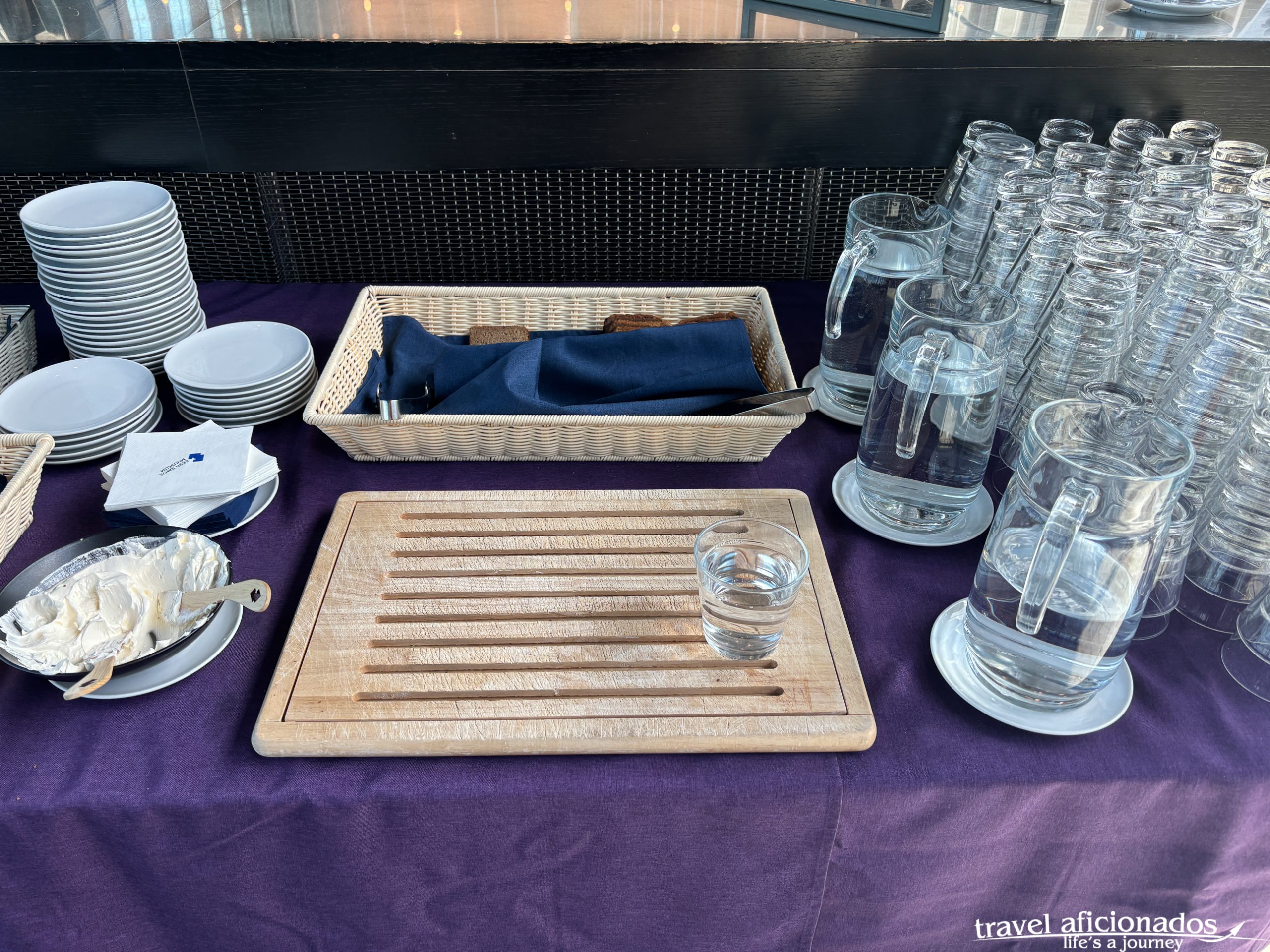


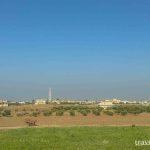
Leave a Reply